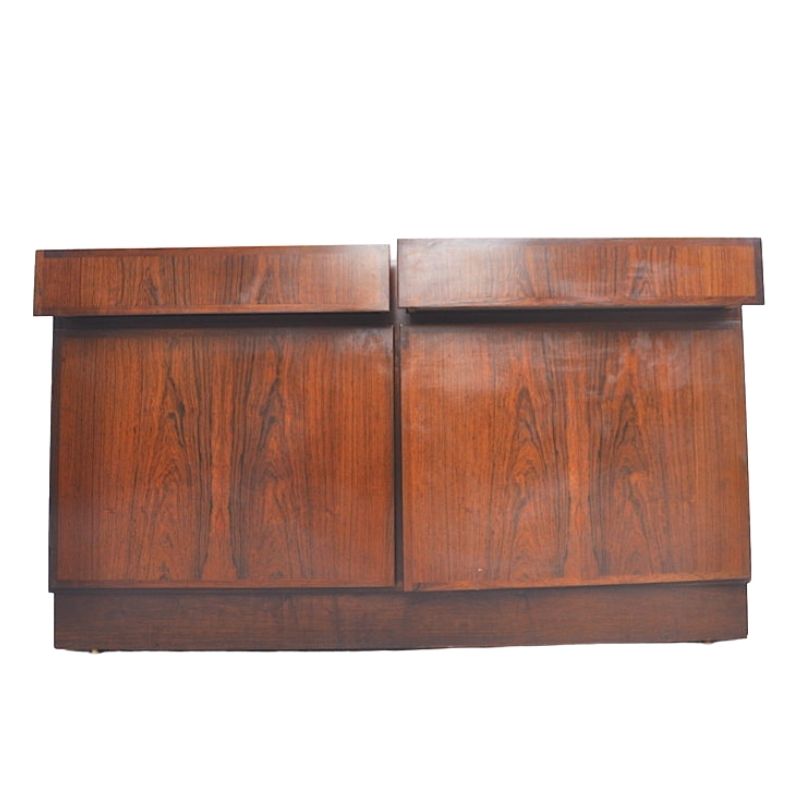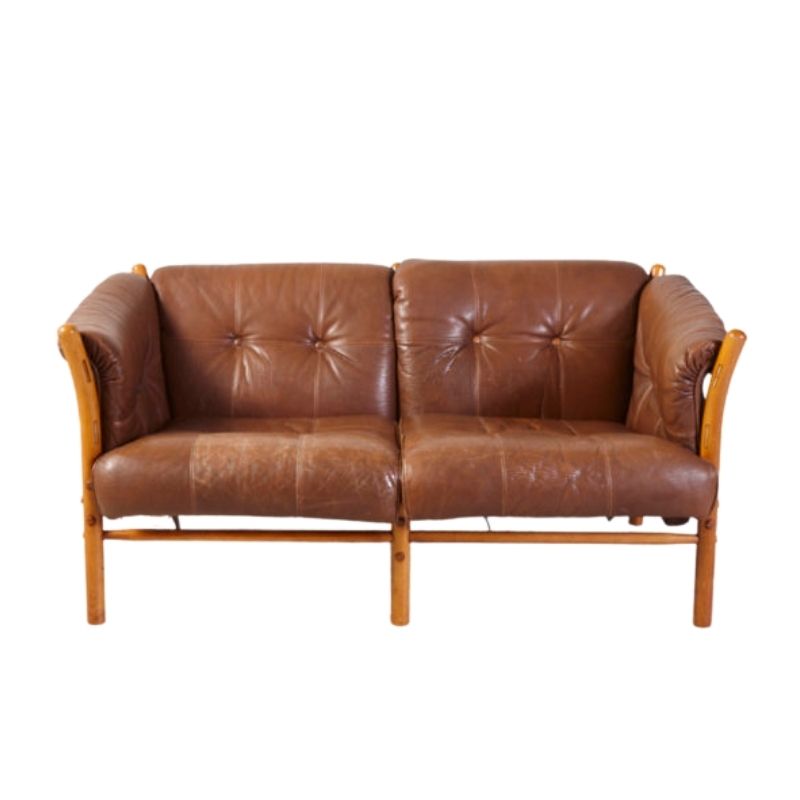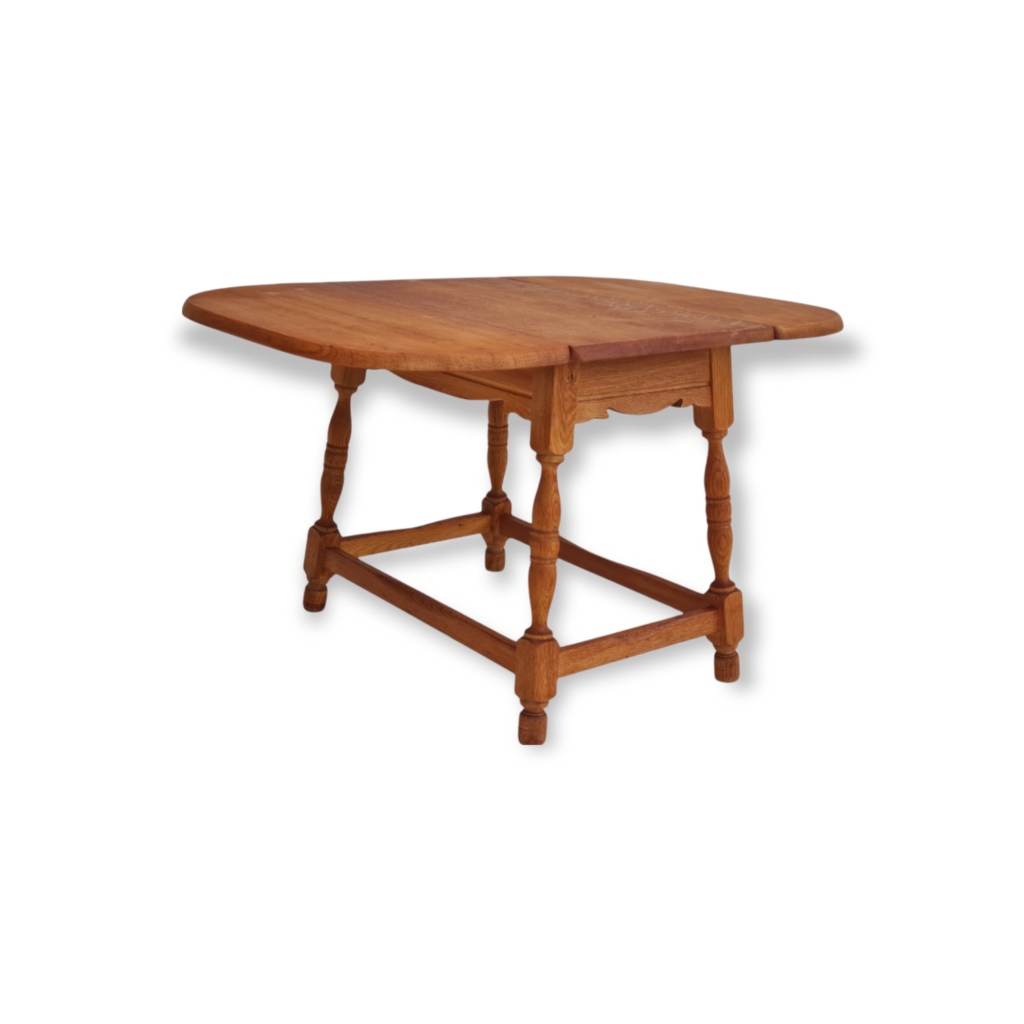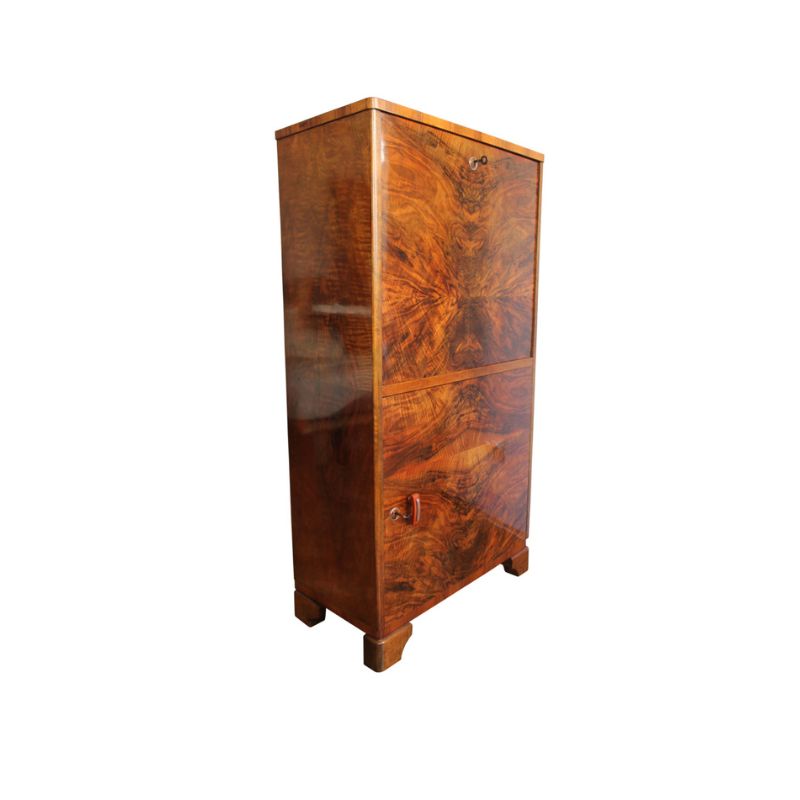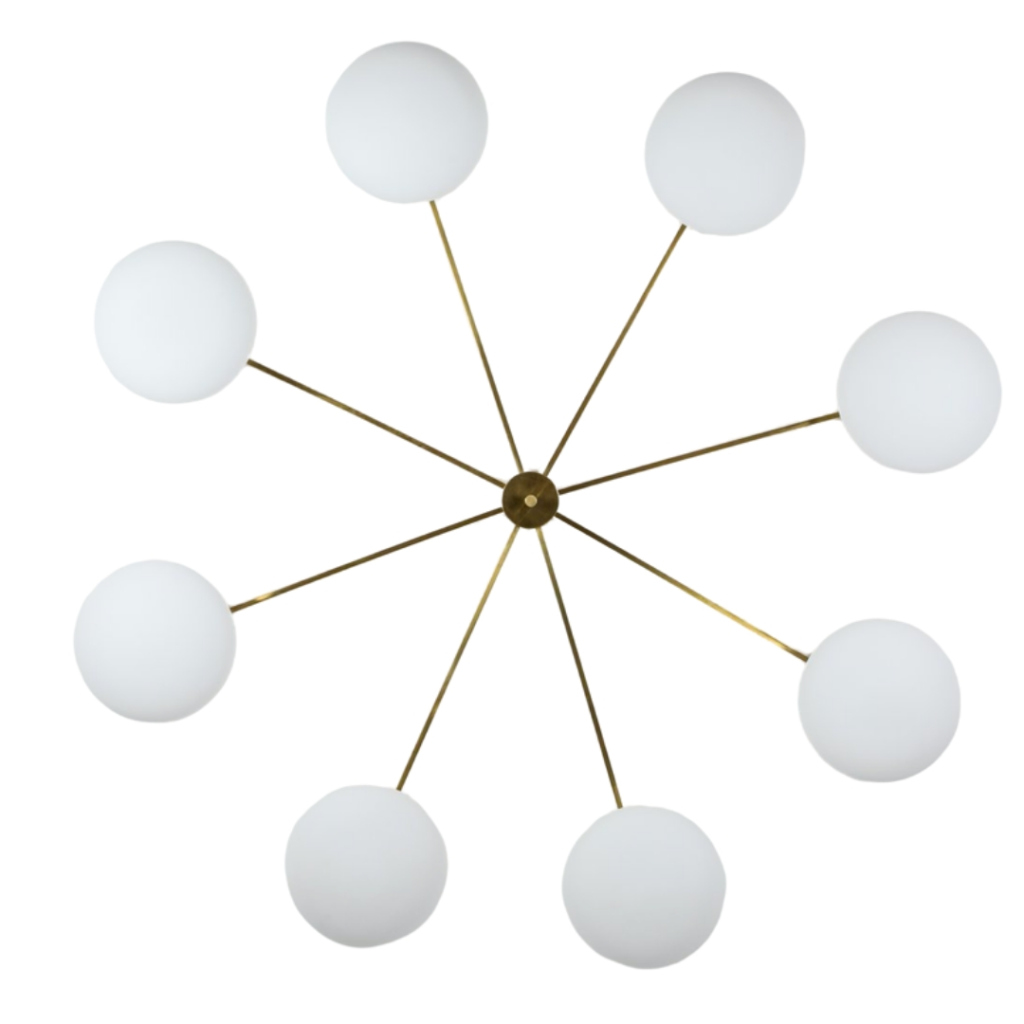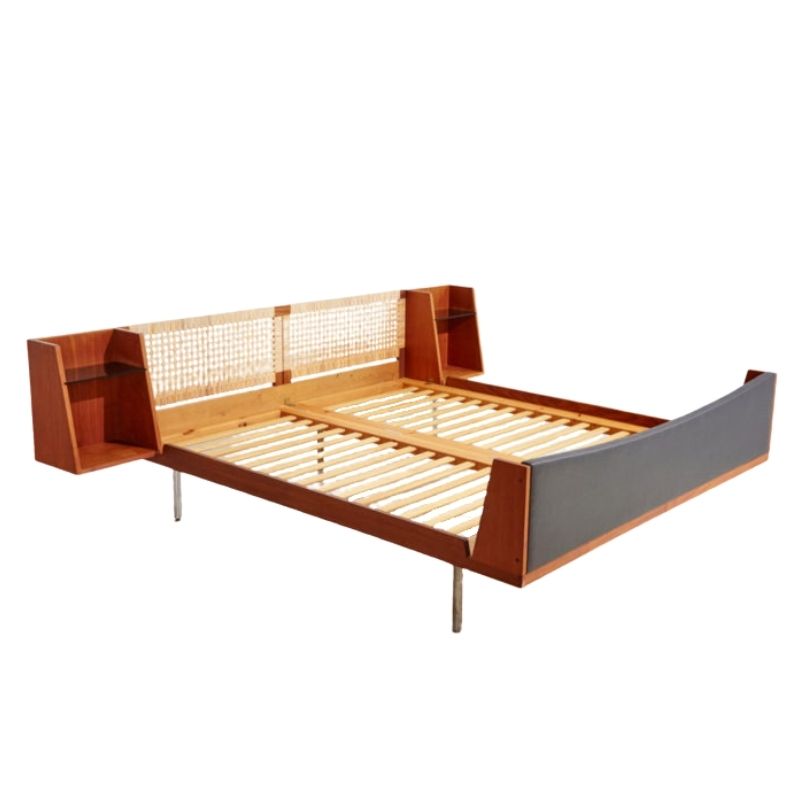Since most of you people are in the design profession as well, I figured someone might have a magic substance. My work has a 50's/60's big K label Florence Knoll table with black steelframe and white formica top that they're letting me swap for another table.
The problem is that they've been using it to set the portable spray booth on for over a decade. It has spray mount residue all over it. Any ideas/chemicals/substances for easy removal on either the formica or metal parts?? Thanks!
Lighter fluid!
Even better than Glu Gone or anything else I've ever used is good old fashioned lighter fluid!
Unless you set a lighted match on the stuff, it's perfectly safe to use. It loosens the glue without damaging the surface beneath it.
I've actually used lighter fluid to remove paper stickers from valuable 78rpm record labels. Lighter fluid will remove glued paper from a paper surface!
Lighter fluid will not hurt the formica or metal surface in any way.
It's an essential cleaning item to keep in the house.
Good luck
Gooey
Depending on the material I'm cleaning, I use one of the following, lighter fluid as well, Goo Gone liquid gel, and sometimes Lysol aerosol spray. I've even had some, somewhat mild, success with Method all purpose surface cleaner.
Barry...
I found hot humid (odor free, at least pop a mint) breath works great getting stickers off of LP jackets & labels. Just slowly breathe, like heaving, onto sticker. Nick pick a corner of the sticker, and slowly peal as you breathe between sticker & jacket surface. The older the sticker, the harder this can be...must resort to Lighter Fluid, Goo Gone approach.
Sometimes left over residue can be rubbed off..otherwise lighter fluid or goo gone it.
Naptha's in there
But I've used lighter fluid on my Eames Dining table with a formica top to remove some old glue without any damage, and I freely use it on some of my most valuable records without any problem.
It will dry out wood, but if you have a nasty gluey sticker residue on a valued piece of wood furniture, go ahead and remove that glue and then oil the wood with lemon oil and it'll look as good as new.
Anything better than an annoying glue residue (except for the awful orange waft of Goo Gone)!
how about acetone?
i'm wondering if acetone would do the trick without the volatility of lighter fluid? it's what the fingernail salons use to wipe the gunk.
acetone is also widely used by installers of plastic laminate [formica, etc.] to remove contact cement residue.
i've used "bestine" rubber cement solvent. an industry standard, it works like a champ.
yes, volatile.
to be accurate, the volatility of lighter fluid is very similar to that of gasoline. among other properties, its flash point varies only slightly, and both can be ignited by electrostatic charge.
this is not to say these fluids [and many others] should not be used as solvents within a controlled environment; it is simply to correct the notion that they are "safe" to use.
[when in doubt, please consult both osha and msds for proper storage, transport and use of flammable materials.]
no begging needed.
barry::
your qualifier makes all the difference in your argument: namely, "if you're careful and use your brain..."
read my posts again and you'll see that's exactly my point. many things can be used for something other than their primary purpose; yet wisdom and caution are essential watchwords.
on a secondary level, anecdotal references in a discussion appear to have trumping power only to those not rooted in both fact and logic. the appeal to personal experience is tempting but nonetheless lacking in persuasive ability apart from truth.
"my grandpa has never worn a seatbelt and has never been hurt in an accident." while this could very well be true, it does not support the notion that one is equally safe in an automobile with our without proper safety restraints.
a final note is in response to your last comment: "i don't know what people are thinking these days." in a qualified sense, i agree. thus the rationale for this post.
_ _ _
[p.s.] the proof has never been in the pudding. rather, the proof of the pudding is in the eating [a big difference].
respectfully submitted.
Fine, KDC....don't use it, then
OK, fine...I cannot convince you...apparently you think I'm not in my right mind, or am mistaken, or whatever.
It's the best method of removing glue, but, heck, if you don't want to use, then don't.
But, I don't appreciate having my 30 years of experienced discounted. I hate being "dismissed"!! I only share any positive experiences for the sole purpose of trying to be of assistance.
Nuff said?
Cool.....
It's good as new now!
The bestine and googone worked part of the way but miraculously the thing that worked the best was warm water and fine grade steel wool. We were scrubbing and scrubbing with the solvents and some of the stains/residue wouldn't budge and water took them off instantly since it's a water-soluable adhesive. Thanks for everyone's input.
~
Barry, Somewhere in your heresaid 30 years of experience, you missed a lesson on "learning from others". It would seem that one of the only lesson that has stuck with you is the lesson on "anger"...and I don't think it wise to remove any angry residue from your brain with lighter fluid. No offense dude, but your postings come off being a bit caustic. Chill!
Holiday best, Mark.
If you need any help, please contact us at – info@designaddict.com



